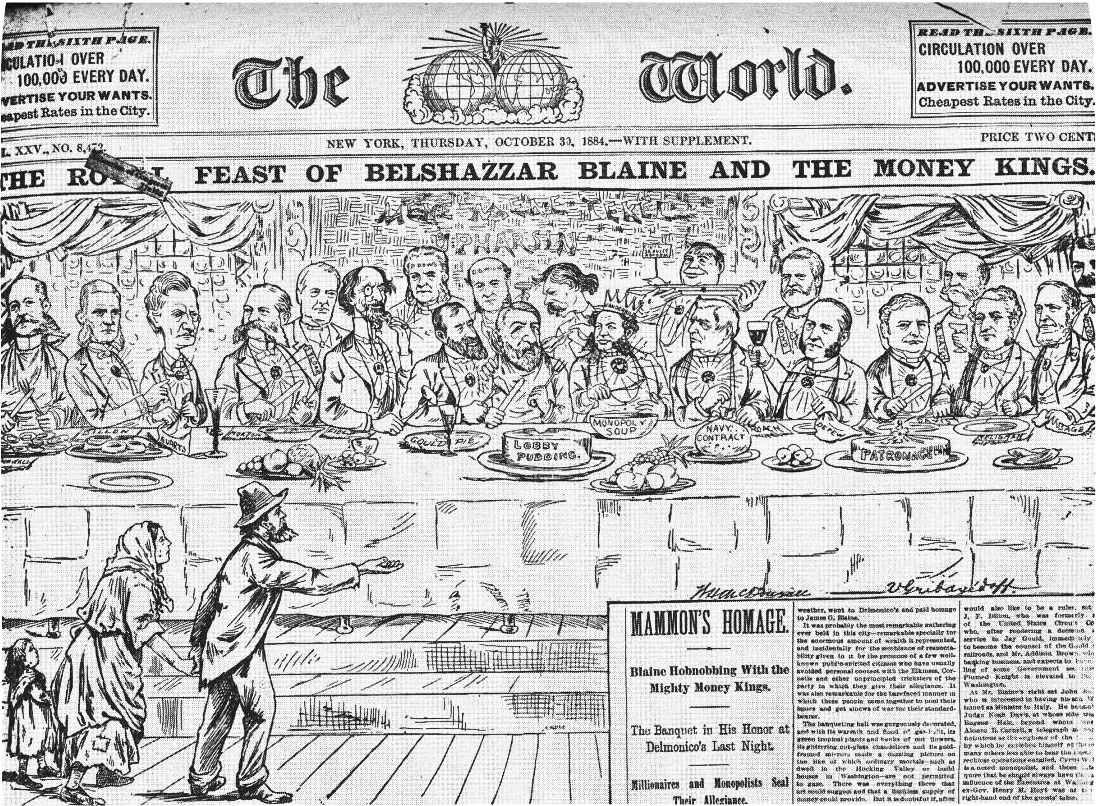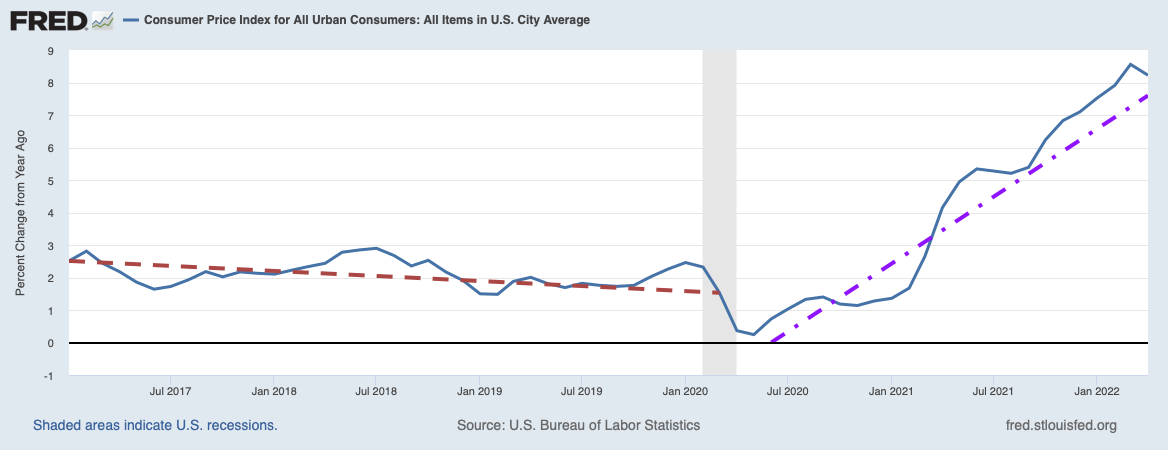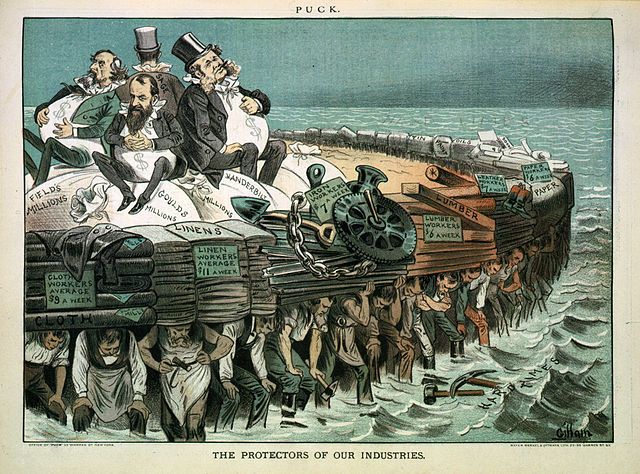The Keynesian- Neoclassical Ideological Conflict (1)
Quite possibly the most consequential ideological conflict within Western nations today is the battle of economic ideas between Keynesian and neoclassical thought. Since Keynesian ideas mandate greater power and a larger role for government in the economy, progressives almost universally adopt Keynesian ideas, while conservatives mostly follow neoclassical ideas. Almost all progessive-conservative clashes involve some component of the Keynesian-neoclassical rivalry, even in fights over welfare and government regulations of all kinds.
So what distinguishes a Keynesian from a neoclassical adherent? They agree on all the major neoclassical laws discussed on this site, with the major exception of Say’s Law of Markets. This disagreement on Say’s law is part of a much larger disagreement on the capacity of a free, capitalist economy to heal itself from recessions and depressions. Keynesians tend to believe that capitalist economies are susceptible to periodic depressions or recessions that are deeply imbedded within the nature of capitalism itself. If you ask a Keynesian what the cause of recessions or depressions are, you quite often get this answer from Prof. Gregory Mankiw, chair of the economic department at Harvard and a Keynesian. In their view the root cause of such economic crises is a fall in aggregate demand for the fruits of the economy. Since this answer seems to be more than mildly tautological, the obvious question then arises just what is the cause of such a fall in aggregate demand? Many Keynesians (see here and here) then respond that for whatever reason people become fearful and start to save more than they consume to prepare for hard times. Saving (sometimes called hoarding) is then the major cause for the economic crisis.
Anyone who looks carefully at an economy in recession or depression sees the following three aspects of a distressed economy. First, there is a much larger number of unemployed than there is in a healthy economy. Second, there is a large amount of unused means of production: factories, service industries, and farms and ranches. All are producing much less than in good times. Third, not only has production of goods and services decreased, but so has demand. People and organizations just do not buy as much in the distressed economy as they did in a healthy, growing economy. The three major characteristics of a sick economy are:
- Slack labor markets
- Underutilized means of production
- Low aggregate demand for the fruits of the economy.
A Keynesian evaluating this scenario is struck by the fact that all this unused capacity for producing wealth, including unused labor, is just standing around. He reasons that if somehow demands for the products of these sources of production are found, the whole system will be jolted into action. (The favored Keynesian metaphor is “priming the pump”. If you are so young that this expression confuses you, see this YouTube video.) Then companies stimulated by the new demand will call back layed-off workers, and the paychecks of the recalled workers will then create additional demand on other sources of wealth. After a short period of time the entire system will be restarted and the external demand that did the “pump priming” can be removed. In the Keynesian point of view, the solution of the problem is the increasing of aggregate demand.
What is to be the source of this “pump priming”? Individuals and companies cannot provide it in the present or near future, since they have already been economically devastated, Only the government is left with its capacity to create fiat money through its central banks. Therefore, the role of government in bad economic times is to generate aggregate economic demand by spending a lot of money. Once the economy is restarted and demand from individuals and companies has recovered, the government can taper off its emergency pump priming.
We shall pick up this discussion from the point of view of the neoclassical economist in the next post.
Views: 3,629




























